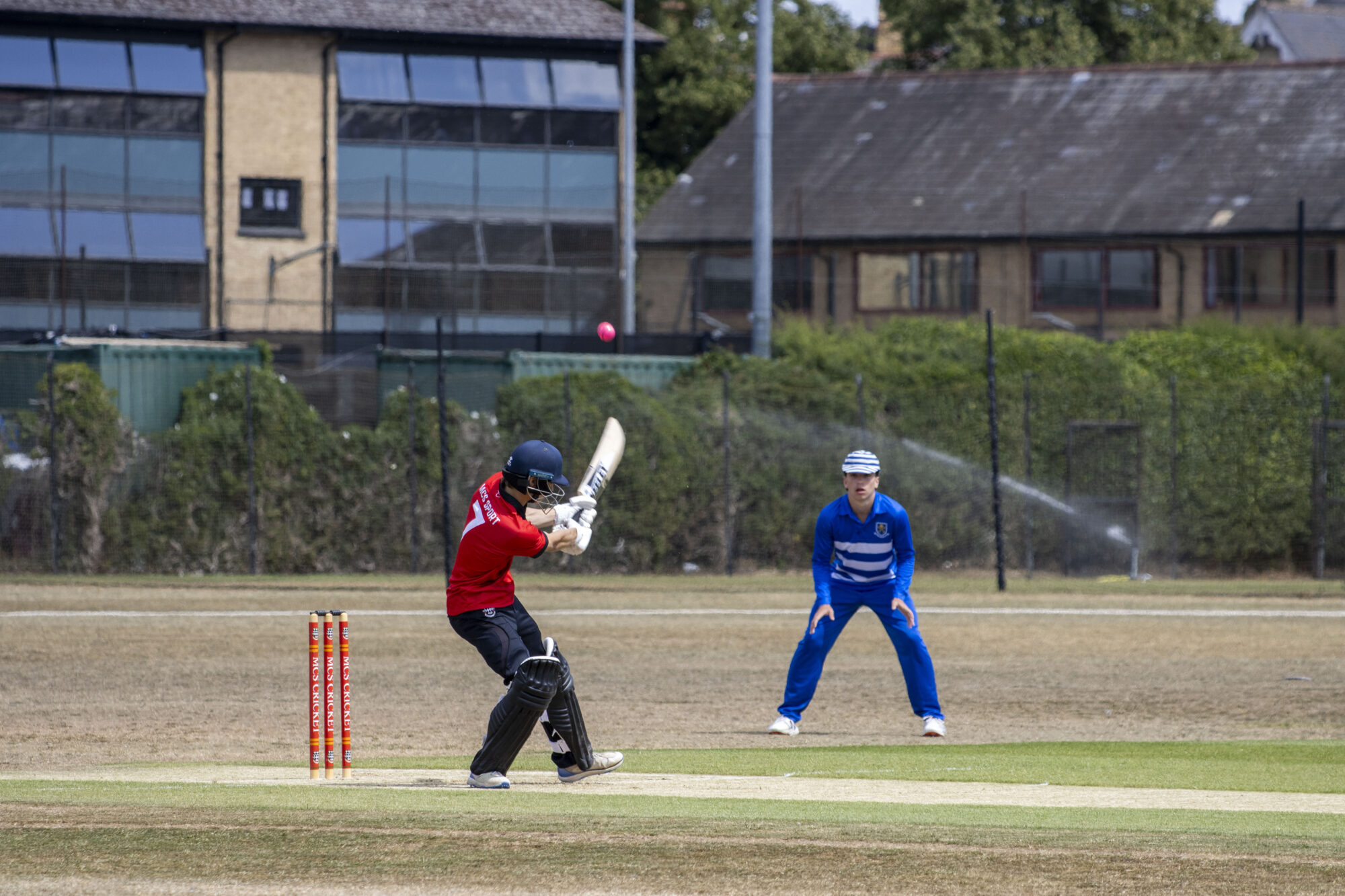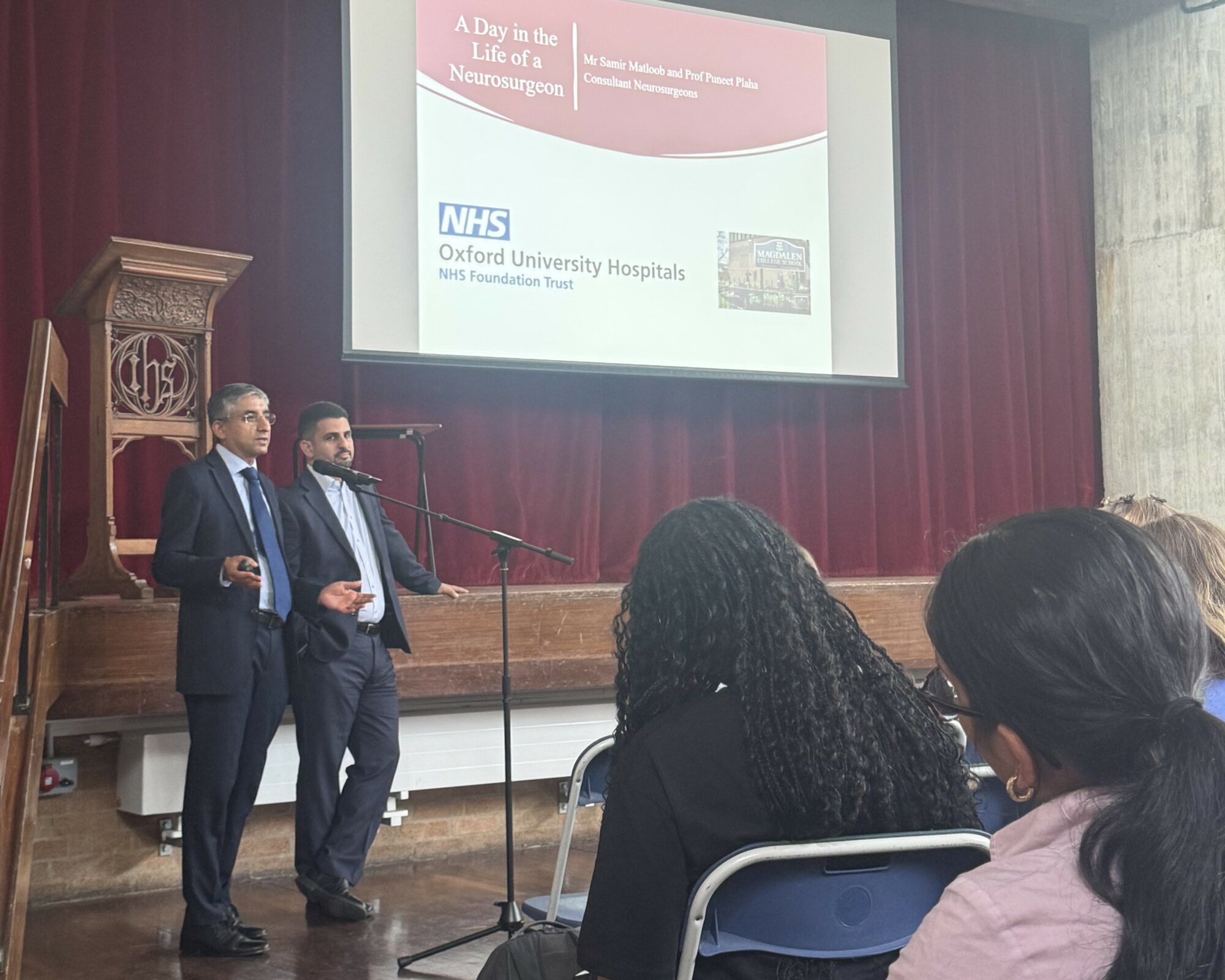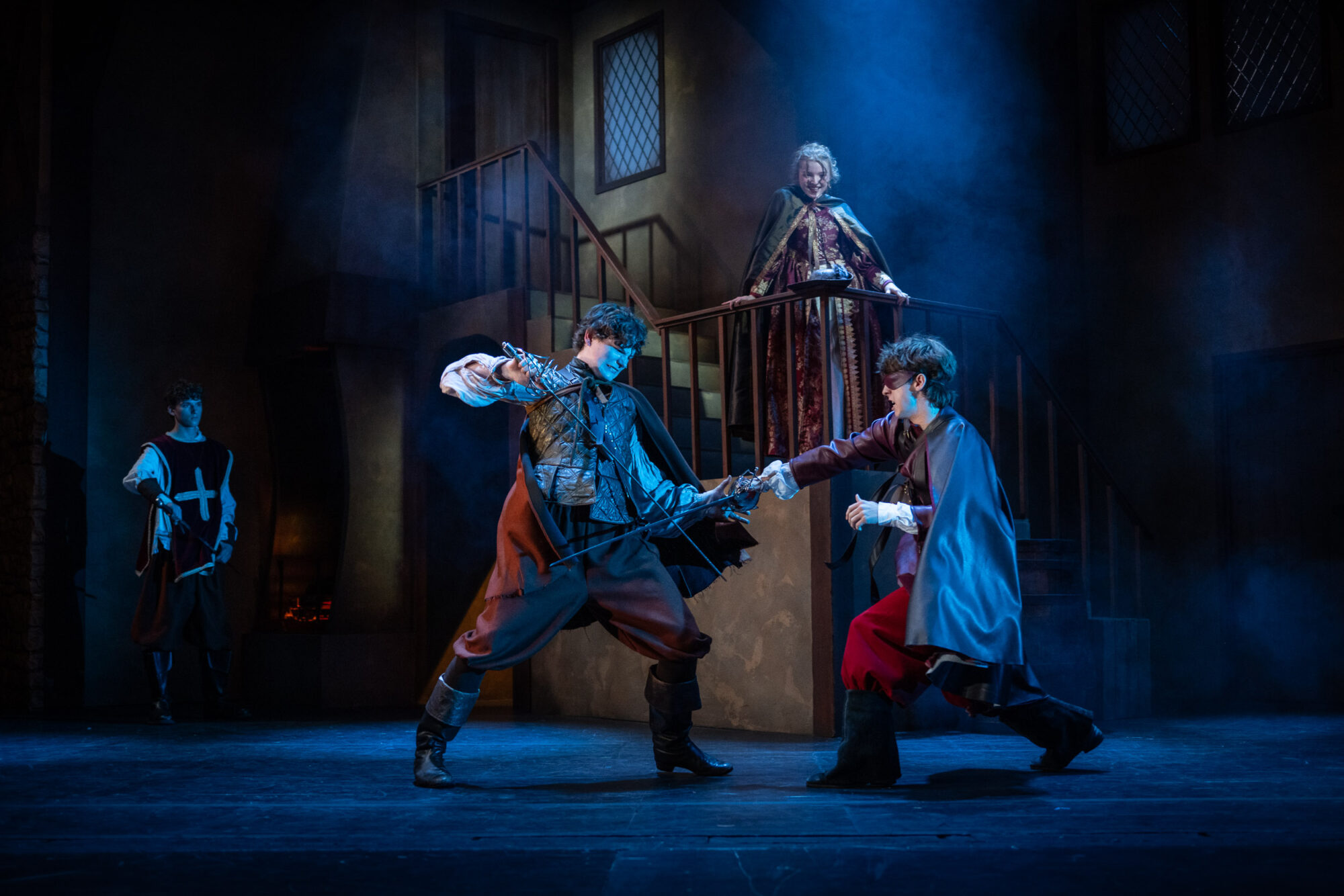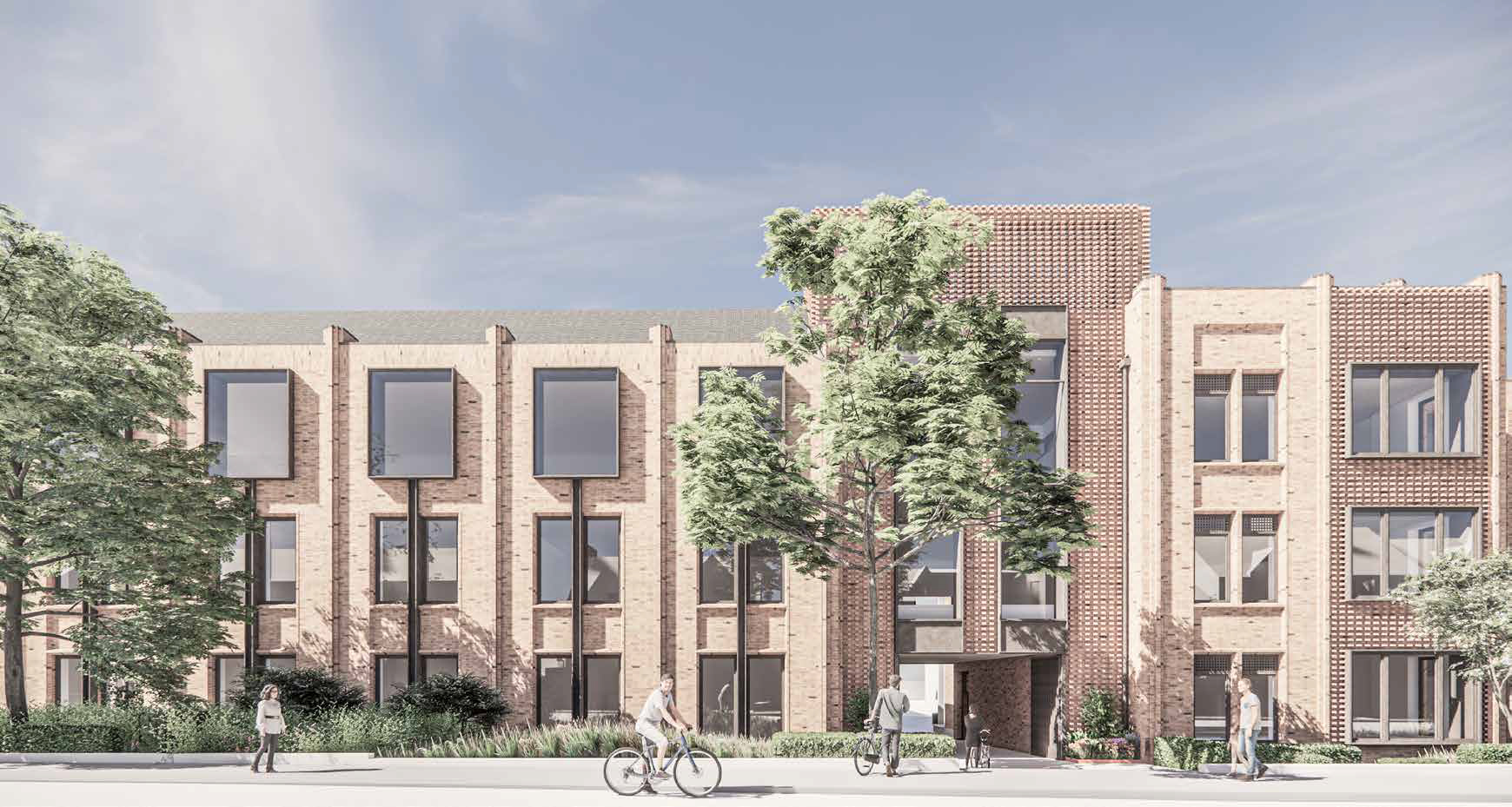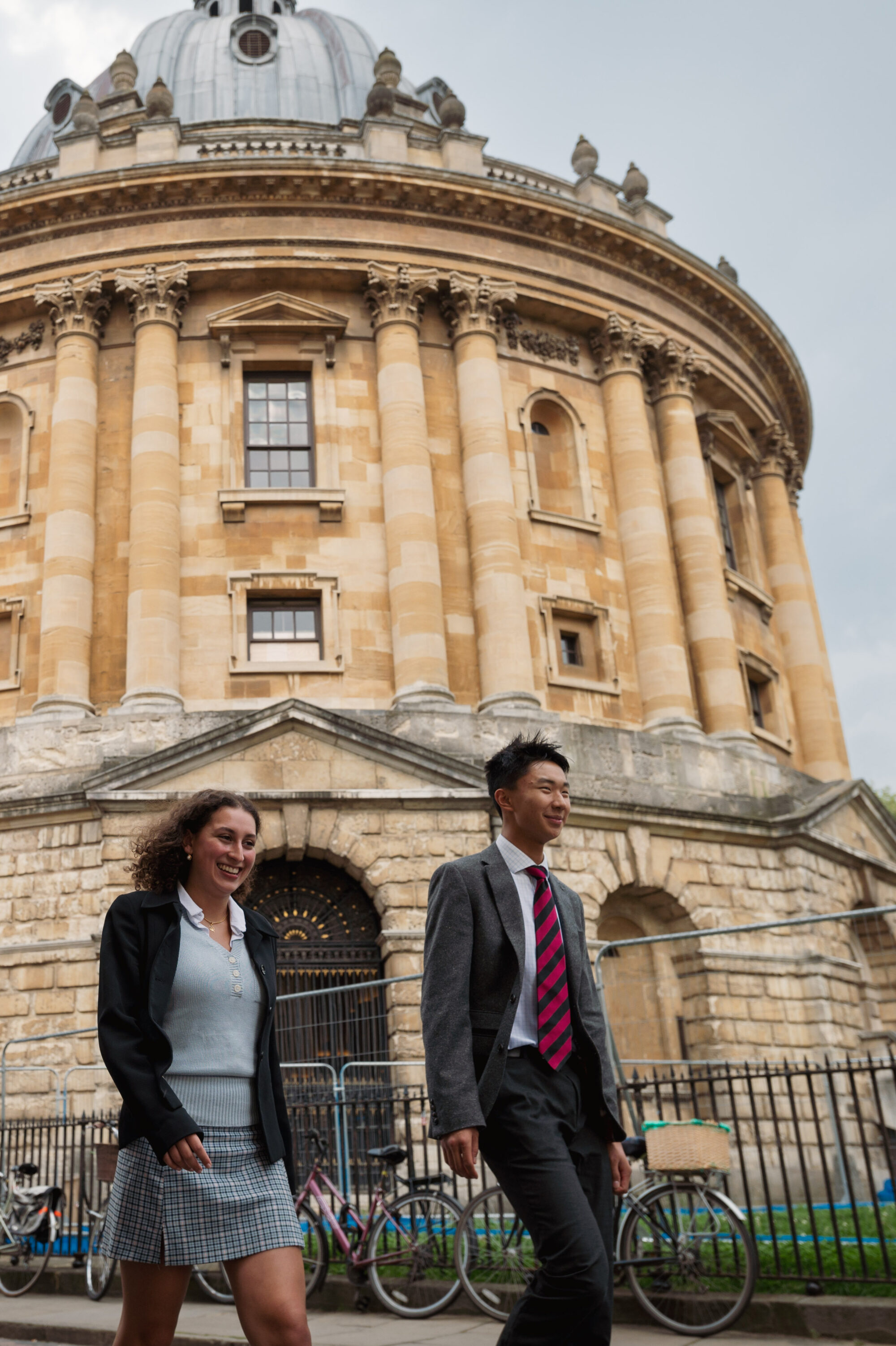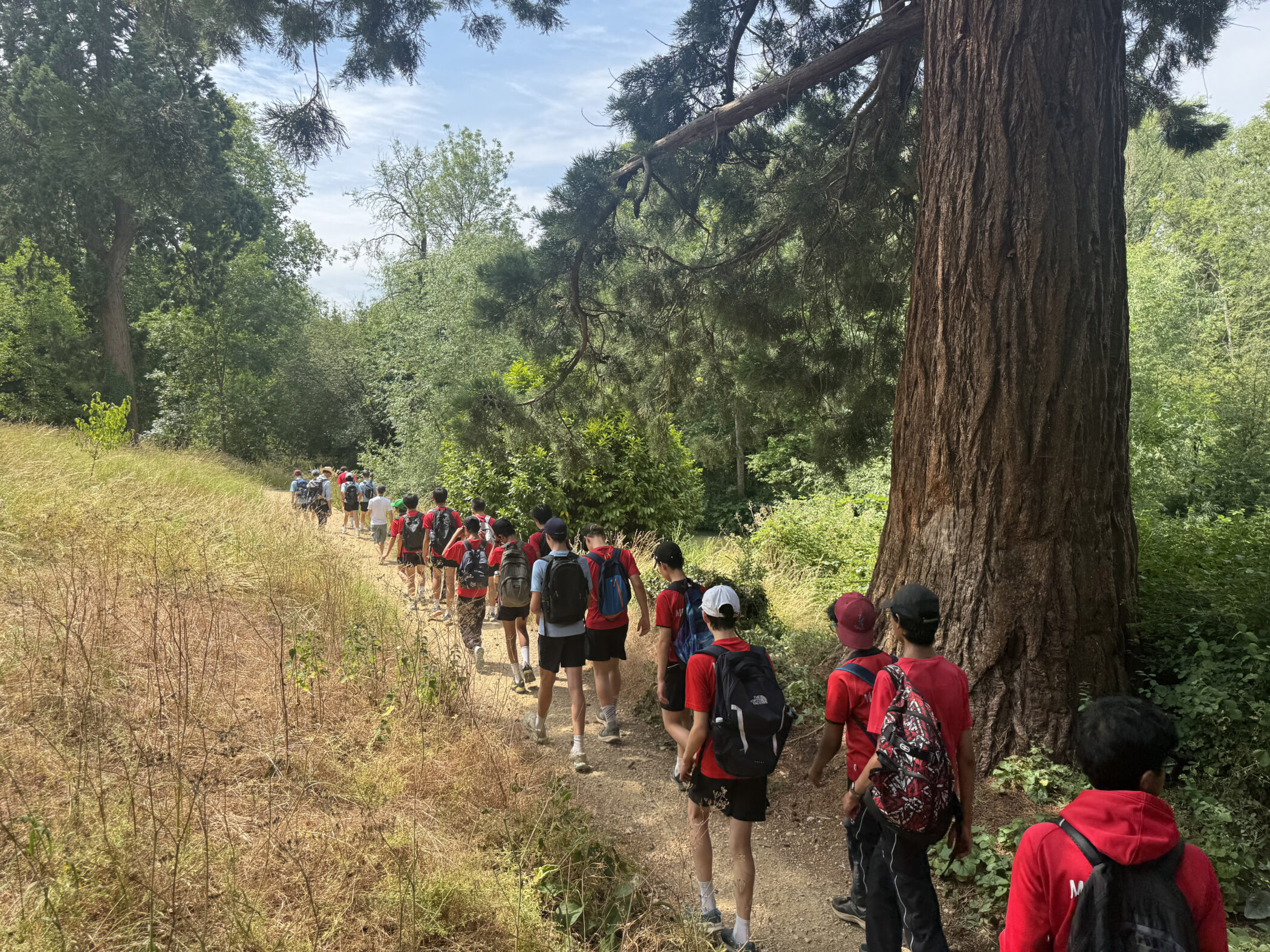(26th May 1930 – March 2020)
MCS was informed of the sad passing of William Potter OW 1949, in March 2020, by William’s family. Below is the address given at Bill’s funeral, given by Michael St John Parker, who, like Bill, is a former Headmaster of Abingdon School.
“To many who knew him, Bill Potter was an almost representative figure in the history of Abingdon School during the second half of the twentieth century. He taught biology from his arrival in the Common Room in 1955 until his retirement in 1992, and contributed significantly to the School’s reputation as a nursery of scientists, and particularly of medics ; he coached the Boat Club from 1955 to 1994, and deserves much of the credit for Abingdon’s emergence as one of the country’s premier rowing schools ; and as housemaster of Crescent from 1968 to 1979, following previous stints as a resident house tutor in Lacies Court and Heylyns, he, with Angela, exercised a powerful and benign influence over the formation of generations of boarders.
But Bill was a man who, without inconsistency, had many strands in his life. Born in Oxford in 1930, he attended, first, New College School and then Magdalen College School ; he was always loyal to his origins, and managed to preserve a certain equanimity even at times when M.C.S. and Abingdon were locked in near-mortal sporting combat. He did his National Service in the army, and liked to wear his Gunners tie ; the experience left him with a certain military brusqueness of bearing and manner, which, however, I always thought contained a slight and agreeable element of conscious parody. He was a fanatic birdwatcher from his earliest youth – and twitchers are, by definition, a race apart, prepared to endure anything in the service of their cult. He took his degree at Pembroke, Oxford, where he was Captain of Boats, and, again, formed a deep and lasting relationship with the institution. Loyalty, commitment, persistence – these were fundamental values for Bill, and they stamped his dealings with colleagues and pupils alike.
Angela, whom Bill married in 1956 after meeting her when she was a nurse in Oxford, was a happy match for him in every respect. Their complementary personalities and the compatibility of their interests gave them strength to meet the contingencies of private and professional life, whether that meant dealing with a leak in the roof at Lacies Court (Angela had to climb up outside and pour a bucket of water over the tiles so that Bill, safe below and inside, could gauge the precise point of entry), managing the malfeasances of their charges in Crescent House without unnecessary reference to a potentially intolerant Headmaster (it was only well after the event that I heard about the wretched boy who had tested the fire-escape rope by abseiling down through the housemaster’s bathroom window, to encounter a startled occupant in the bath), or, far more seriously, coping with the challenges of family responsibilities and the ill health that comes to us in later life. They were devoted to their adopted children, Jane and Giles, placed great value on their achievements, and were rewarded by their devotion at the end.
It is a notable characteristic of the great flood of tributes which have been paid to Bill, in messages through the O.A. office and otherwise since his death, that the same man appears throughout – versatile, yes, and widely busy, but always consistent and reliable. The daughters of James Cobban, who appointed Bill to Abingdon in 1955, remember the same man as Eric Anderson and I myself inherited in our turns ; Tim King, who was taught by Bill and who later returned to preside over him as Director of Studies, valued him as colleague as much as he had done as mentor ; boarders and dayboys alike pay tribute to meticulous teaching, shrewd care and far-sighted encouragement ; and countless oarsmen tell the same stories of his demanding yet ever-patient style as rowing coach, alike of the incompetent novice and the embryo Blue, from 1955 until the mid-’90s.
It would not be wrong, I think, to say that while teaching in the laboratory was Bill’s professional business, his devotion to which bore fruit in the careers of many distinguished scientists practising today, his PASSION was the coaching of rowing. The most numerous, the most entertaining, and the fondest of the many stories that have been offered to illuminate Bill’s public memory paint him as a coach, in the launch or on the bank. My own particular recollection of him in this context enshrines a moment at Henley in the summer of 2002, immediately after Abingdon had won the Princess Elizabeth for the first time, following success at both the Tideway Head and the National Schools Regatta ; Bill stood to attention before me, with tears running unashamedly down his face, as he said, in a half-broken voice, “Michael, this is the happiest day of my life !” He would have qualified it if Angela had been there, I am sure, but for the moment he was in rowing heaven.
Bill’s coaching career did not end when he retired from Abingdon, and I wish it was possible to quote at more length than is possible here, from a splendid tribute offered by Mark Lauder, now Headmaster of Strathallan, who was President of the Oxford University Lightweights in 1993 and 1994, and who was closely concerned with Bill in the managing of their crews throughout the mid-1990s, during which time their first crew won four out of seven races against Cambridge. Mark emphasises that Bill’s involvement was important in the organisation and financing of the activity ; but here is his picture of Bill in full coaching action.
“…Bill in his OULRC Puffa jacket, cerise Leander cap and scarf, massive clip- on shades on his glasses, a rainproof clipboard, a stopwatch, notebook and pencil (‘it doesn’t run if it gets wet, my dear fellow’) and a ruddy-cheeked complexion. He would watch closely and stay silent for much of an outing [a change from his Abingdon style ? – ‘Once heard, never forgotten, one O.A. has written’.]. He would set the launch speed, usually a little too fast, and ask us to pull away from him. He was hawk-eyed for two things – finishes let go of too early, and kingfishers on the riverbank……. He kept records, he studied them, he had his own clear ideas, and he intervened at the right moment to the greatest effect….. The consummate schoolmaster became the wise coach.”
And, yes, that stopwatch ! Bill had used it to time Roger Bannister’s four-minute mile at the Iffley Road ground, he used it to time every rowing outing he ever watched – and he used it to time my sermons in Chapel. (I didn’t always appreciate that as much as I probably should have done.). It was a suitable symbol of a very well-paced life.
Bill was a fine schoolmaster of a type now rather rarer than it used to be. We are the poorer for his departure, but his legacy lives on in his pupils, and his friends cherish his memory. I hope to be able to pay fuller tribute to him on another occasion.”
 MCS ranks among the top independent secondary schools, and in 2024 was awarded Independent School of the Year for our contribution to social mobility.
MCS ranks among the top independent secondary schools, and in 2024 was awarded Independent School of the Year for our contribution to social mobility.

 28 of our pupils achieved 10 or more 8 or 9 grades in 2024.
28 of our pupils achieved 10 or more 8 or 9 grades in 2024.
 In 2023-24, MCS received over £448,000 in donated funds.
In 2023-24, MCS received over £448,000 in donated funds.